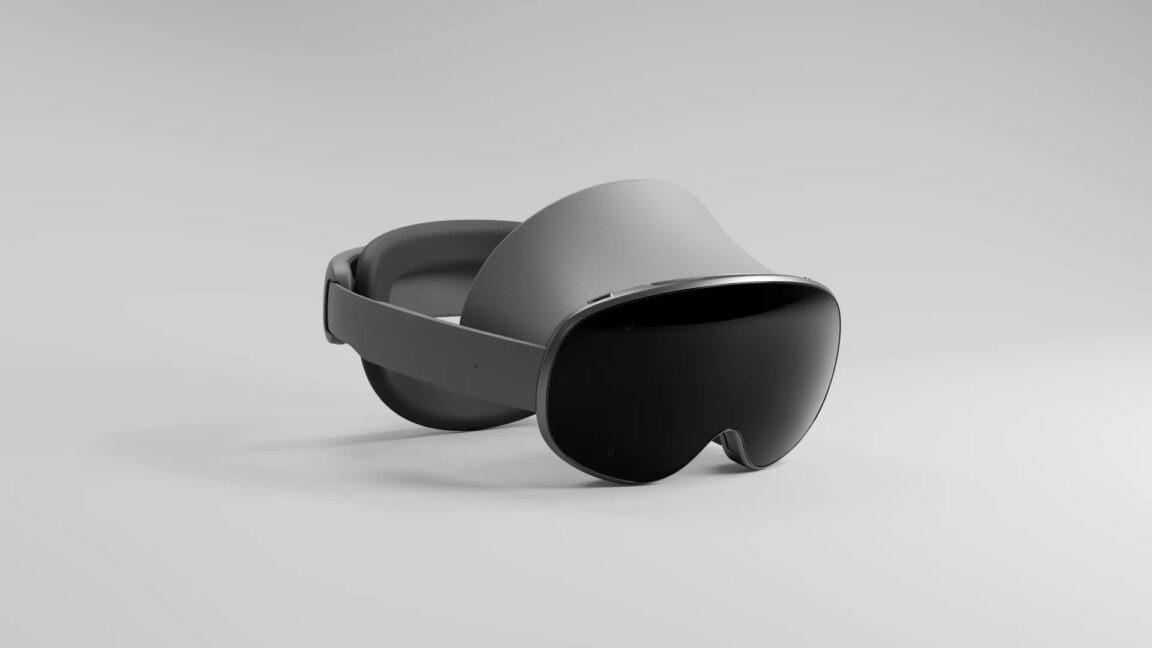No pricing or availability, but there’s new competition in headsets and glasses.

Rendering of “Project Moohan,” the likely first AR headset that will run Android XR, designed by Samsung. Credit: Samsung
Citing “years of investment in AI, AR, and VR,” Google is stepping into the augmented reality market once more with Android XR. It’s an operating system that Google says will power future headsets and glasses that “transform how you watch, work, and explore.”
The first version you’ll see is Project Moohan, a mixed reality headset built by Samsung. It will be available for purchase next year, and not much more is known about it. Developers have access to the new XR version of Android now.
“We’ve been in this space since Google Glass, and we have not stopped,” said Juston Payne, director of product at Google for XR in Android XR’s launch video. Citing established projects like Google Lens, Live View for Maps, instant camera translation, and, of course, Google’s general-purpose Gemini AI, XR promises to offer such overlays in both dedicated headsets and casual glasses.
Android XR announcement video.
Ars Video
How Lighting Design In The Callisto Protocol Elevates The Horror
There are few additional details right now beyond a headset rendering, examples in Google’s video labeled as “visualization for concept purposes,” and Google’s list of things that will likely be on-board includes Gemini, Maps, Photos, Translate, Chrome, Circle to Search, and Messages. And existing Android apps, or at least those updated to do so, should make the jump, too.
From videos and descriptions, Project Moohan seems aimed squarely at the same use purposes as Apple’s Vision Pro, with family photos, TV watching, and productivity featured rather than a gaming-focused VR headset like the Meta Quest.
But Android XR is simultaneously targeting augmented reality glasses, akin to Meta’s smart glasses and Snap’s Spectacles. Google released a video this week that highlights an update to Project Astra, its wearable-minded AI assistant. As noted by Janko Roettgers’ Lowpass, a pair of glasses running Astra is casually dropped into the video around the 3:25 mark.
Project Astra, a “universal AI assistant,” highlighted this week as Google focuses on glasses.
Whether there’s room in the market for another non-gaming AR headset or a distinct competitor to Snap and Meta’s offerings, remains to be seen. Apple has distinctly dialed back on its Vision Pro hardware cycle, as usage of the device is lower than expected. Google’s prior vision-based AR platform, Google Glass, did not take off at the consumer level but lived on as an enterprise-focused device for select use cases. Google Glass Enterprise Edition 2 stopped sales and support in 2023.




